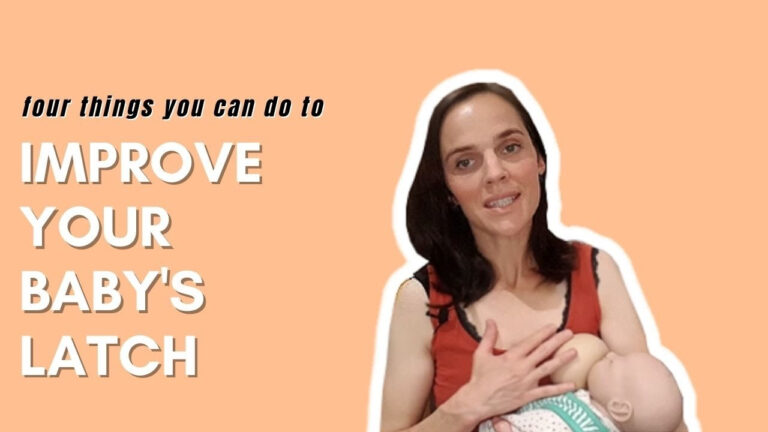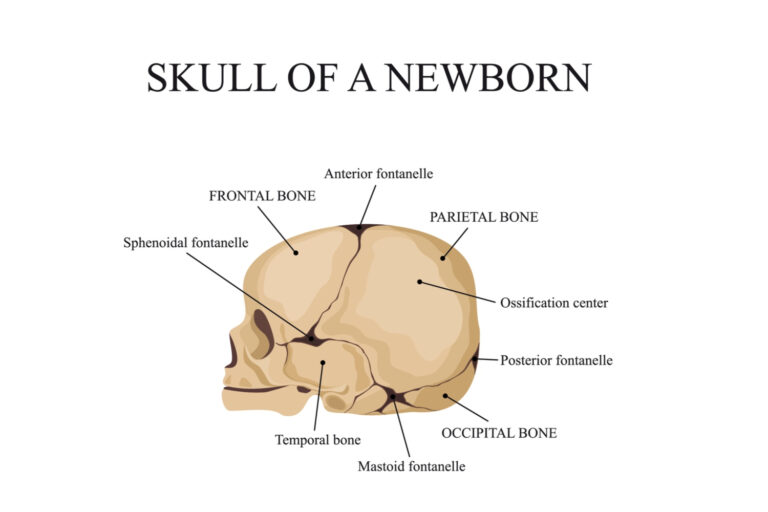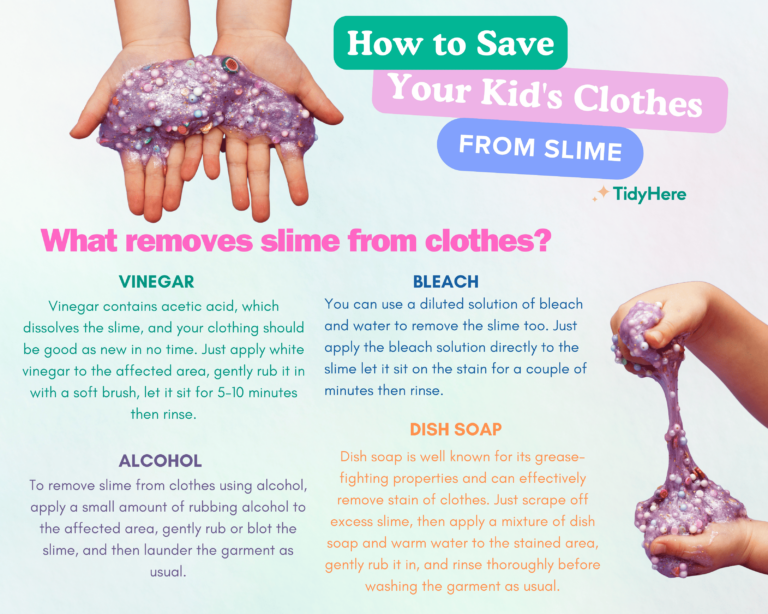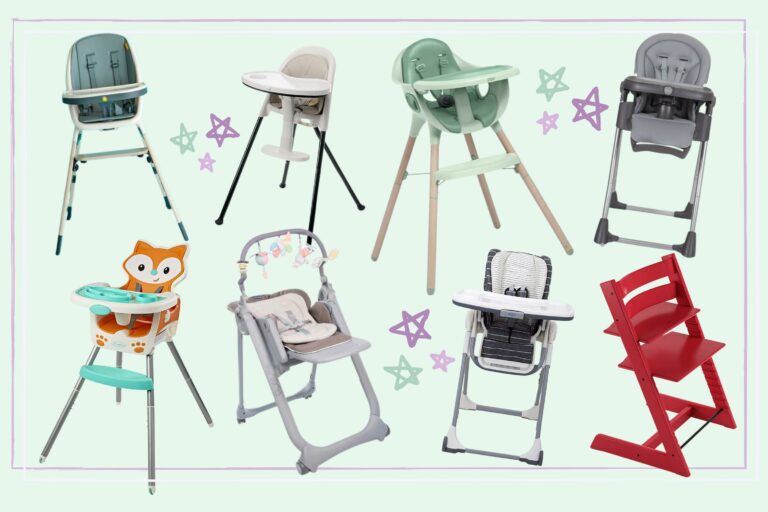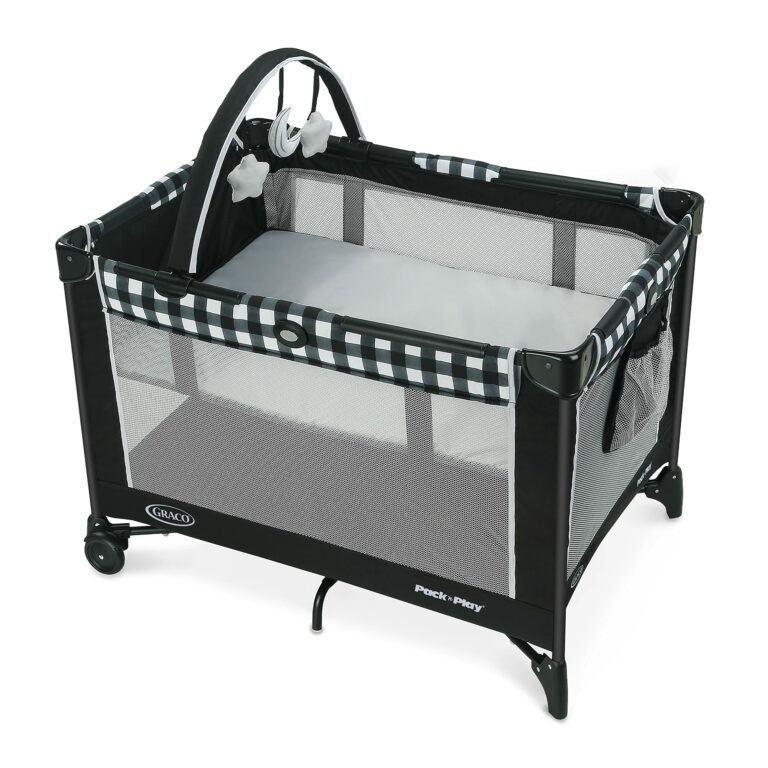16 Weeks to Months: A Comprehensive Guide to Your Baby’s Development
As your baby embarks on their remarkable journey from 16 weeks to 6 months, you’ll witness a whirlwind of developmental milestones that will shape their physical, cognitive, and social-emotional growth. This guide will provide you with a comprehensive overview of these milestones, offering practical tips and insights to support your baby’s progress.
From the first toothless smiles to the emergence of crawling and babbling, each stage brings new challenges and rewards. Understanding the developmental timeline and responding appropriately to your baby’s needs will ensure a nurturing and enriching environment for their growth.
16 Weeks To Months

16 weeks to months is a conversion that is often used to determine the age of a baby. This conversion is based on the fact that there are 4 weeks in a month. So, to convert 16 weeks to months, you would divide 16 by 4, which gives you 4 months.
This conversion can also be used to determine the due date of a baby. If a woman knows the date of her last menstrual period (LMP), she can add 40 weeks to that date to determine her due date. However, it is important to note that this is just an estimate, and the actual due date may vary by a few days.
FAQs
When should I start introducing solid foods to my baby?
Typically, solid foods can be introduced around 4-6 months of age, when your baby shows signs of readiness such as good head control, sitting upright with support, and expressing interest in food.
How can I promote healthy sleep habits in my baby?
Establish a consistent bedtime routine, create a calming sleep environment, and ensure your baby is well-fed and comfortable before bedtime. Avoid overstimulation before sleep and consider using white noise or gentle music to create a soothing atmosphere.
What are some safety tips for babies at this age?
Always supervise your baby, especially when they are crawling or exploring. Secure loose cords and objects, cover electrical outlets, and use gates to prevent falls. Ensure your baby’s sleep environment is safe, with a firm mattress and no loose bedding.
